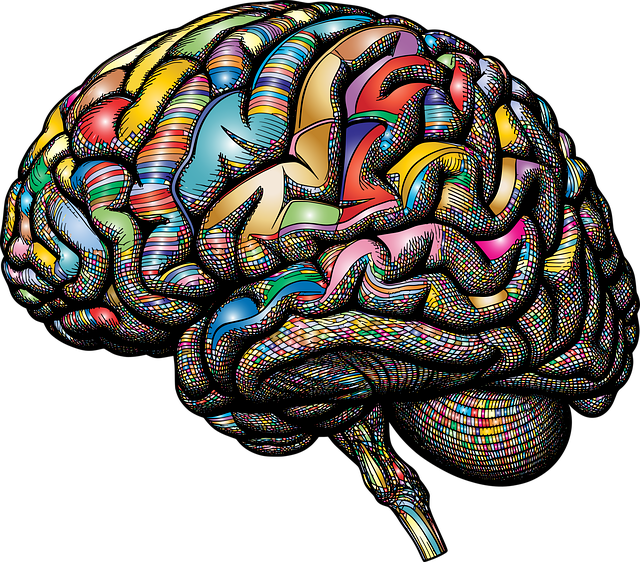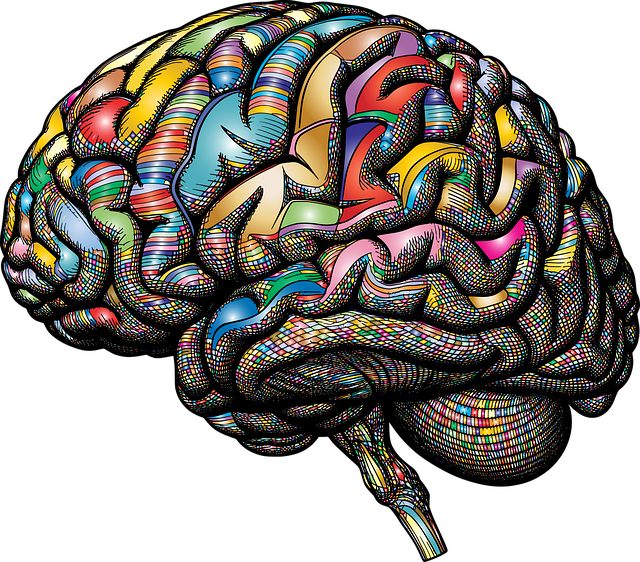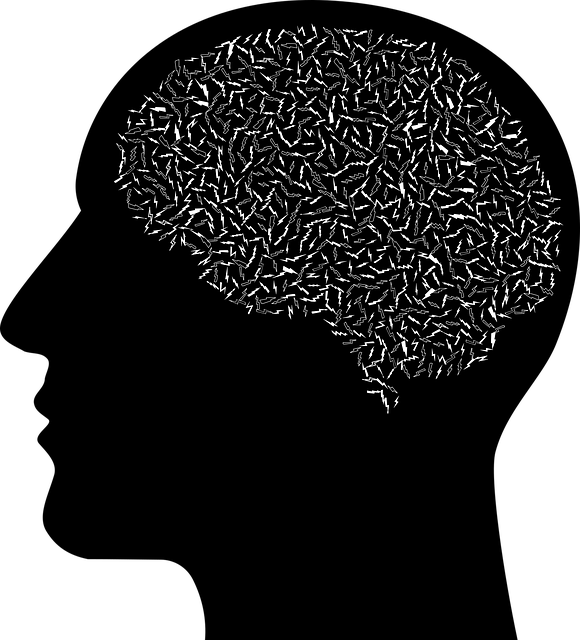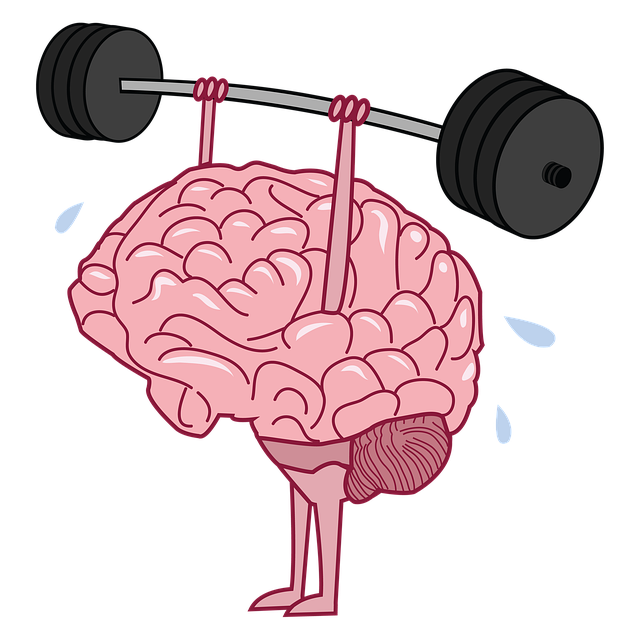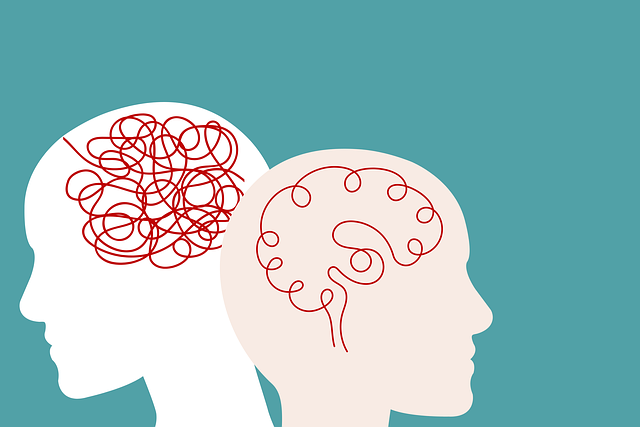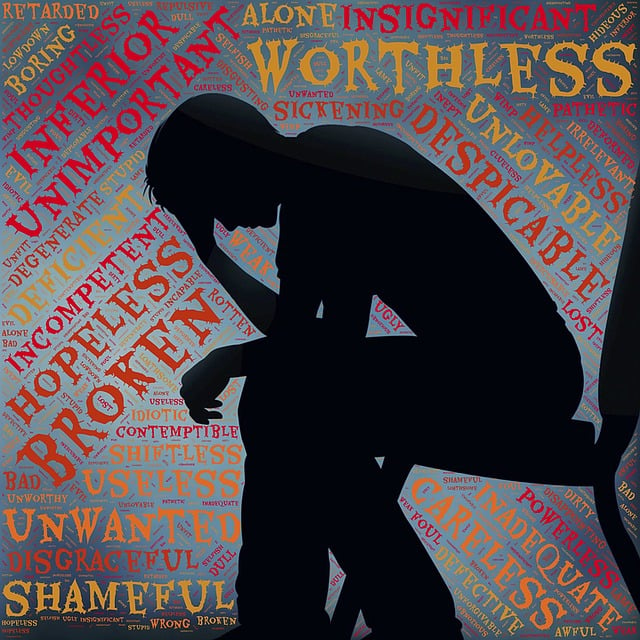Mental wellness is a proactive approach to life's challenges, crucial for managing conditions like PTSD. Westminster Post-Traumatic Stress Disorder Therapy combines specialized therapies (CBT, EMDR) with self-care routines, including mindfulness and exercise. A balanced practice, featuring emotional guidance and community connections, builds resilience and enhances overall mental health. This holistic approach, emphasized by a potential Mental Wellness Podcast Series, is key to successful PTSD management and improved quality of life.
Developing a mental wellness self-care routine is essential for maintaining overall well-being. This comprehensive guide explores various aspects of cultivating a personalized practice, from understanding mental wellness and identifying unique needs to integrating effective coping mechanisms and establishing a balanced daily practice.
We delve into specific strategies for managing Post-Traumatic Stress Disorder (Westminster Post-Traumatic Stress Disorder therapy) alongside promoting self-care. By combining therapeutic approaches with self-compassion, individuals can embark on a transformative journey towards enhanced mental resilience and peace.
- Understanding Mental Wellness and Self-Care
- Identifying Individual Needs for a Personalized Routine
- Integrating Effective Coping Mechanisms
- Establishing a Balanced Daily Practice
- Managing Post-Traumatic Stress Disorder (PTSD) with Therapy and Self-Care
Understanding Mental Wellness and Self-Care

Understanding mental wellness is a fundamental first step in cultivating a robust self-care routine. It involves recognizing and managing one’s emotional, psychological, and social well-being. This encompasses various aspects, from stress management to fostering healthy relationships and nurturing personal passions. Mental wellness isn’t merely the absence of illness; it’s about thriving and finding balance amidst life’s challenges.
Self-care, in this context, becomes a proactive tool for maintaining mental health. It involves activities that nurture and recharge both mind and body. For individuals with post-traumatic stress disorder (PTSD), as often seen in cases managed through Westminster PTSD therapy, self-care can include practices like mindfulness meditation, regular exercise, and engaging in hobbies. Beyond this, burnout prevention strategies for healthcare providers—a demographic at heightened risk—can draw from emotional intelligence development and mental wellness coaching programs to create sustainable self-care habits. This holistic approach ensures individuals feel empowered to navigate life’s complexities with resilience.
Identifying Individual Needs for a Personalized Routine

Creating a mental wellness self-care routine requires a deep understanding of one’s unique needs and challenges. Every individual’s journey to emotional well-being is distinct, shaped by their experiences and personal history. For those who have experienced post-traumatic stress disorder (PTSD), crafting a personalized routine becomes even more crucial. The Westminster Post-Traumatic Stress Disorder Therapy approach emphasizes the importance of tailored interventions to address the complex nature of PTSD symptoms.
This process involves self-reflection and possibly seeking guidance from mental wellness experts or coaches. A Mental Wellness Podcast Series Production can offer valuable insights and strategies, while well-structured Mental Wellness Coaching Programs Development can empower individuals to create routines that incorporate emotional regulation techniques. By recognizing triggers, managing stress, and adopting healthy habits, one can build a resilient foundation for their mental health and overall quality of life.
Integrating Effective Coping Mechanisms

Integrating effective coping mechanisms is a vital step in fostering mental wellness and can significantly enhance one’s ability to manage stress and adversity. For individuals dealing with post-traumatic stress disorder (PTSD), tailored therapy becomes an essential tool. Westminster Post-Traumatic Stress Disorder Therapy offers specialized approaches, focusing on evidence-based techniques like cognitive behavioral therapy (CBT) and eye movement desensitization and reprocessing (EMDR). These therapeutic methods empower individuals to confront traumatic memories, regulate emotions, and develop healthy coping strategies.
By combining these therapeutic interventions with stress reduction methods and social skills training, a comprehensive self-care routine can be crafted. This routine enables individuals to navigate life’s challenges with increased resilience. It involves learning to recognize triggers, practicing mindfulness techniques, engaging in regular physical activity, and cultivating supportive social connections. Such integrated emotional healing processes are transformative, fostering not just recovery but also overall mental wellness.
Establishing a Balanced Daily Practice

Establishing a balanced daily practice is essential for mental wellness and can significantly contribute to overcoming conditions like Post-Traumatic Stress Disorder (PTSD). Incorporating various self-care strategies into your routine creates a holistic approach to healing. Activities such as mindfulness meditation, deep breathing exercises, or engaging in creative outlets can help regulate emotions and provide moments of tranquility amidst the chaos.
In the context of Westminster Post-Traumatic Stress Disorder Therapy, building consistent healthy habits becomes a powerful tool. Empathy-building strategies, often explored through therapeutic conversations, combined with emotional healing processes can foster a sense of stability and resilience. Additionally, considering the production of a Mental Wellness Podcast Series can offer a unique platform to share experiences, educate others, and further enhance personal growth journeys.
Managing Post-Traumatic Stress Disorder (PTSD) with Therapy and Self-Care

Managing Post-Traumatic Stress Disorder (PTSD) requires a multifaceted approach, combining professional therapy with tailored self-care routines. Westminster Post-Traumatic Stress Disorder Therapy often involves cognitive behavioural therapy (CBT), eye movement desensitisation and reprocessing (EMDR), or other evidence-based methods to help individuals process traumatic memories and reduce symptoms like flashbacks, nightmares, and heightened anxiety.
Self-care plays a crucial role in risk management planning for mental health professionals, complementing therapeutic interventions. Engaging in consistent exercise, practicing mindfulness techniques, and adopting healthy sleep habits can significantly enhance recovery. Community outreach program implementation that promotes positive thinking and social connection further supports individuals affected by PTSD. By integrating these strategies into daily life, those with PTSD can foster resilience, improve coping mechanisms, and ultimately, achieve a greater sense of well-being.
Developing a mental wellness self-care routine is a transformative journey unique to each individual. By understanding the importance of mental health, identifying personal needs, and integrating effective coping mechanisms, one can create a balanced daily practice that fosters resilience. For those dealing with Post-Traumatic Stress Disorder (PTSD), Westminster Post-Traumatic Stress Disorder Therapy offers specialized support. Embracing these strategies allows individuals to navigate their mental wellness journey with increased awareness, self-compassion, and the tools necessary to thrive.

